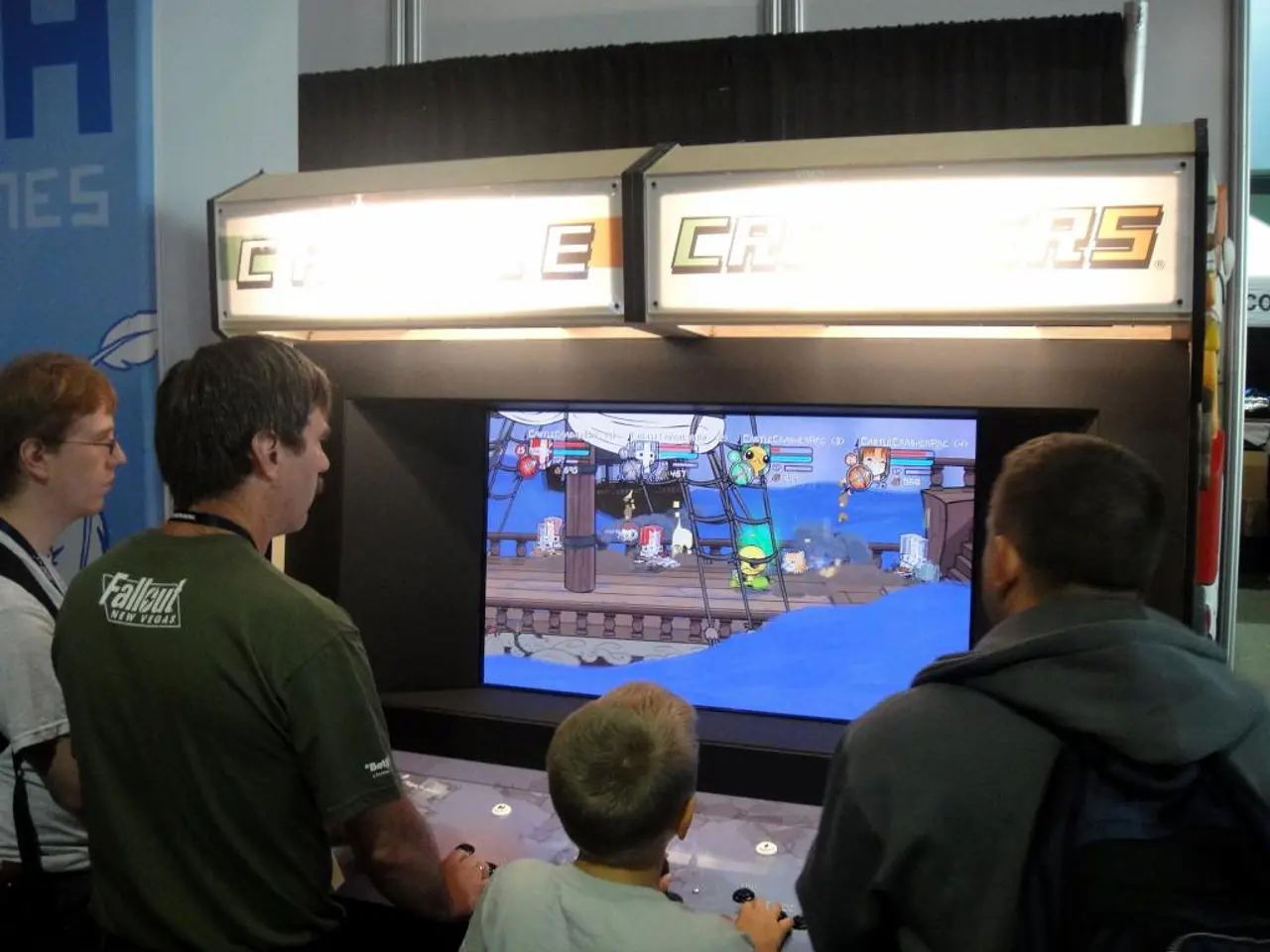"Virtual Therapy Could Potentially Revolutionize Addiction Treatment, Suggests UConn Academic"
The University of Connecticut is developing a ground-breaking virtual reality (VR) solution to address problem gambling among college students. Associate professor Robert Astur, from the university's Informatics Institute, is leading the development of this innovative program.
The idea for the VR program originated from a 2009 collaboration between Astur and psychology professor Benoit Gerard of the University of Quebec. They used VR to combat smoking, and the success of this project served as a blueprint for the current initiative.
The VR program places students inside a simulated casino environment, helping them identify and eliminate gambling cues. Senior psychology major Allison Millspaugh demonstrated the program by smashing slot machines with a virtual hammer and setting fire to blackjack cards using VR controllers.
In a two-week pilot program, students who participated reported fewer gambling urges and showed more control over risky behavior. The virtual casino, created using open-source software, features slot machines and card tables customized to simulate real-life gambling environments.
Astur believes the program has the potential to "crush" gambling triggers and impact real-life behavior. He aims to expand the study beyond the 30 students in the pilot and publish results in 2025.
Young adults are particularly vulnerable to problem gambling due to their brains still being in development. The follow-up to the gambling study will track physiological responses and behavioral changes to determine if the VR exercise can translate into fewer cravings and less gambling outside the lab.
The success of the VR smoking study, which showed that participants in the VR group reached 15% abstinence rates compared to the 2% of the control group, offers encouraging signs for the potential of the VR program in addressing problem gambling. Furthermore, VR group participants also showed reduced nicotine dependence.
Doctoral student Finn Zakas noted the connection between gambling addiction, depression, suicide risk, poor grades, and strained relationships. The VR approach could potentially revolutionize addiction treatment for gambling, gaming, cannabis use, and smartphone addiction.
The complete analysis of the data from the pilot program will be available later this summer. Participants for the study were recruited through UConn's Student Digest and were compensated with small stipends. The first results from the University of Connecticut's Informatics Institute are expected to be published in 2023.








